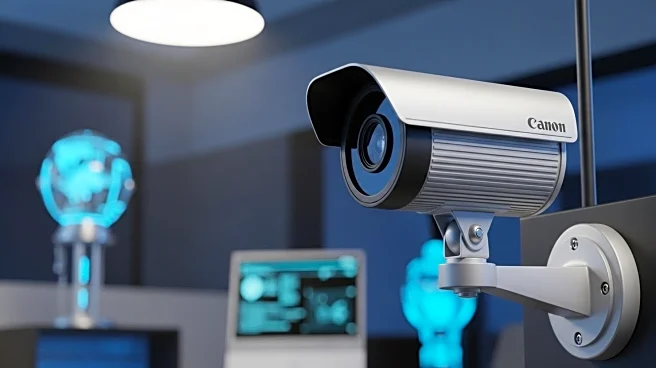What is the story about?
What's Happening?
A federal judge has ordered the Defense Counterintelligence and Security Agency (DCSA) to release certain details about Elon Musk’s security clearances, following a request by The New York Times. The ruling comes after Musk’s public disclosures about drug use and foreign contacts, which the court found diminished his privacy interests. The decision highlights the tension between national security, privacy law, and public transparency, as Musk’s admissions have garnered significant public attention. The court allowed for limited redactions to protect sensitive privacy interests, but emphasized the public’s right to understand DCSA’s operations and oversight of security clearances.
Why It's Important?
This ruling is significant as it challenges the traditional privacy protections surrounding security clearances, particularly for high-profile individuals. It underscores the impact of public disclosures on privacy rights and may set a precedent for future cases involving public figures. The decision could influence how government agencies handle requests for information under the Privacy Act and FOIA, potentially increasing transparency and accountability in the security clearance process. It also raises questions about the balance between individual privacy and public interest, especially in cases involving national security.
What's Next?
The DCSA has been given a deadline to propose redactions, which will determine the extent of information disclosed. The ruling may be appealed, and its precedential effect could influence future cases involving security clearances and public figures. Agencies may need to reassess their privacy policies and disclosure practices, particularly when individuals have publicly commented on sensitive topics. The case could lead to broader discussions about privacy, accountability, and the role of public disclosures in the security clearance process.
Beyond the Headlines
The ruling highlights the evolving nature of privacy and transparency in the digital age, where public figures’ disclosures can impact legal protections. It raises ethical questions about the responsibilities of individuals and agencies in maintaining privacy while ensuring accountability. The case may prompt a reevaluation of privacy laws and their application to security clearances, especially for individuals with significant public influence.

















